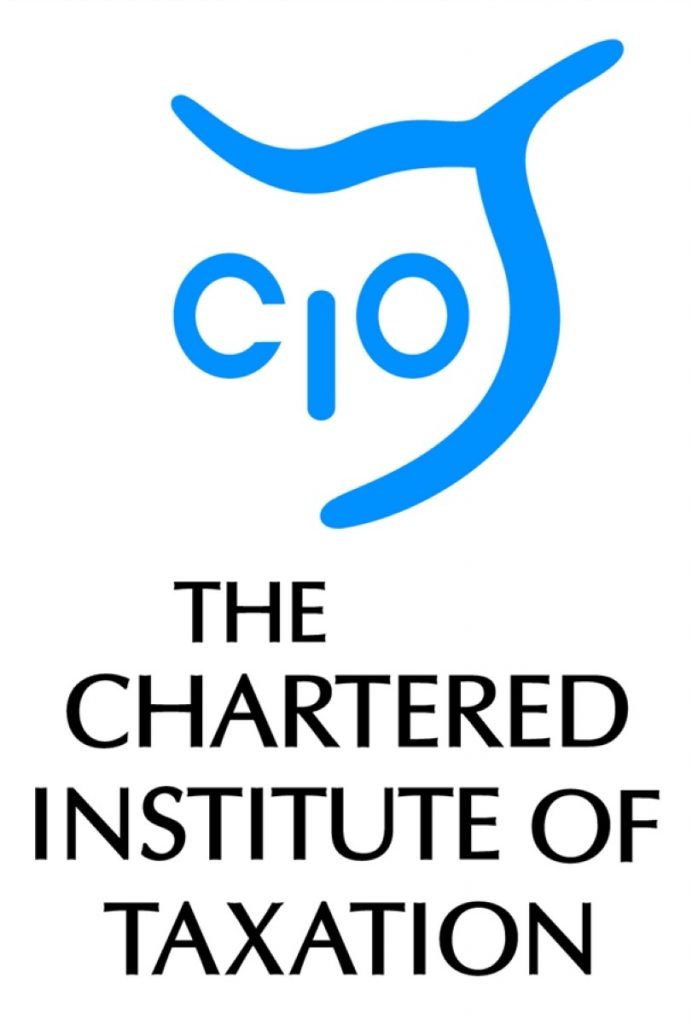Vital that present failures at HMRC strengthen its determination to move to a more systemic approach to tax collection in the long-term, says tax body
The Chartered Institute of Taxation (CIOT) has urged HMRC to use a critical report by a cross party Parliamentary committee to toughen its resolve to move to a more systemic and consistent way to collect taxes in the long-term.
The Public Accounts Committee published a report today which stated that HMRC’s customer service was ‘unacceptable’ and its failures were harming its ability to collect taxes.
Chris Jones, CIOT President, said: “HMRC is a public body and poor service to the public should not be accepted. Ordinary people should have the expectation that they can have a sensible conversation with HMRC without much difficulty.
“It does not necessarily follow that poor customer service harms HMRC’s ability to collect taxes – compliance is high and we understand high against appropriate international comparisons – surely the overall level of tax collected is the test of performance.
“ This is an important test of HMRC’s performance and a tribute to the honesty of the vast majority of taxpayers – be those individuals, businesses and public sector bodies- and the support of their advisers and tax agents.
“It is important that HMRC takes on board the criticisms made in the report and continue its long term plan to develop methods to collect the right amount of tax and get all the information it needs to check on people, in a systemic and consistent basis, albeit it with a reduced number of staff.”
Notes to editors
1. PAC’s ‘6th Report – HM Revenue and Customs performance in 2014-15’ can be viewed here
2. The Chartered Institute of Taxation
The CIOT is the leading professional body in the United Kingdom concerned solely with taxation. The CIOT is an educational charity, promoting education and study of the administration and practice of taxation. One of our key aims is to work for a better, more efficient, tax system for all affected by it – taxpayers, their advisers and the authorities. The CIOT’s work covers all aspects of taxation, including direct and indirect taxes and duties. Through our Low Incomes Tax Reform Group (LITRG), the CIOT has a particular focus on improving the tax system, including tax credits and benefits, for the unrepresented taxpayer.
The CIOT draws on our members’ experience in private practice, commerce and industry, government and academia to improve tax administration and propose and explain how tax policy objectives can most effectively be achieved. We also link to, and draw on, similar leading professional tax bodies in other countries. The CIOT’s comments and recommendations on tax issues are made in line with our charitable objectives: we are politically neutral in our work.
The CIOT’s 17,500 members have the practising title of ‘Chartered Tax Adviser’ and the designatory letters ‘CTA’, to represent the leading tax qualification.





-01.png)